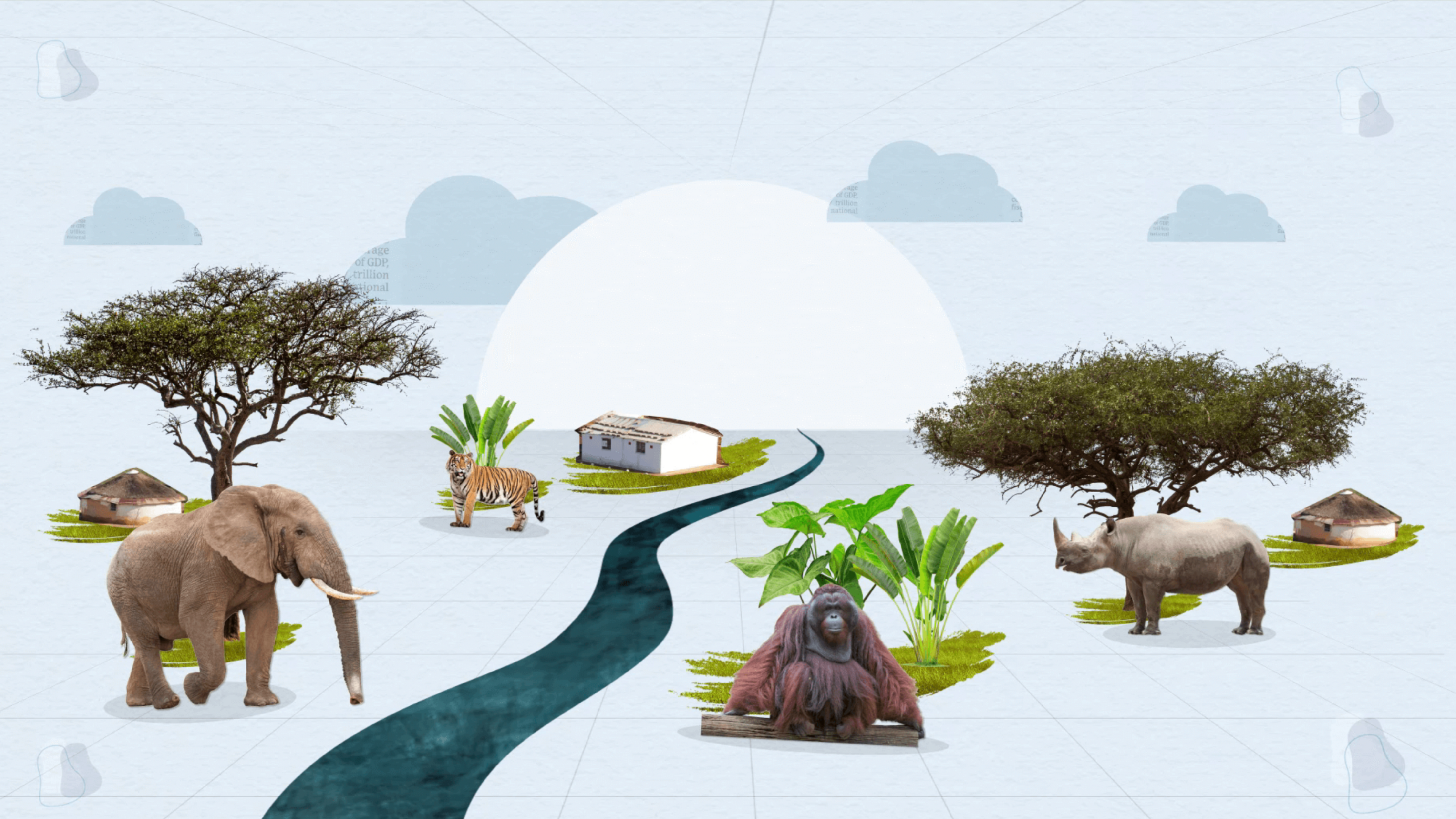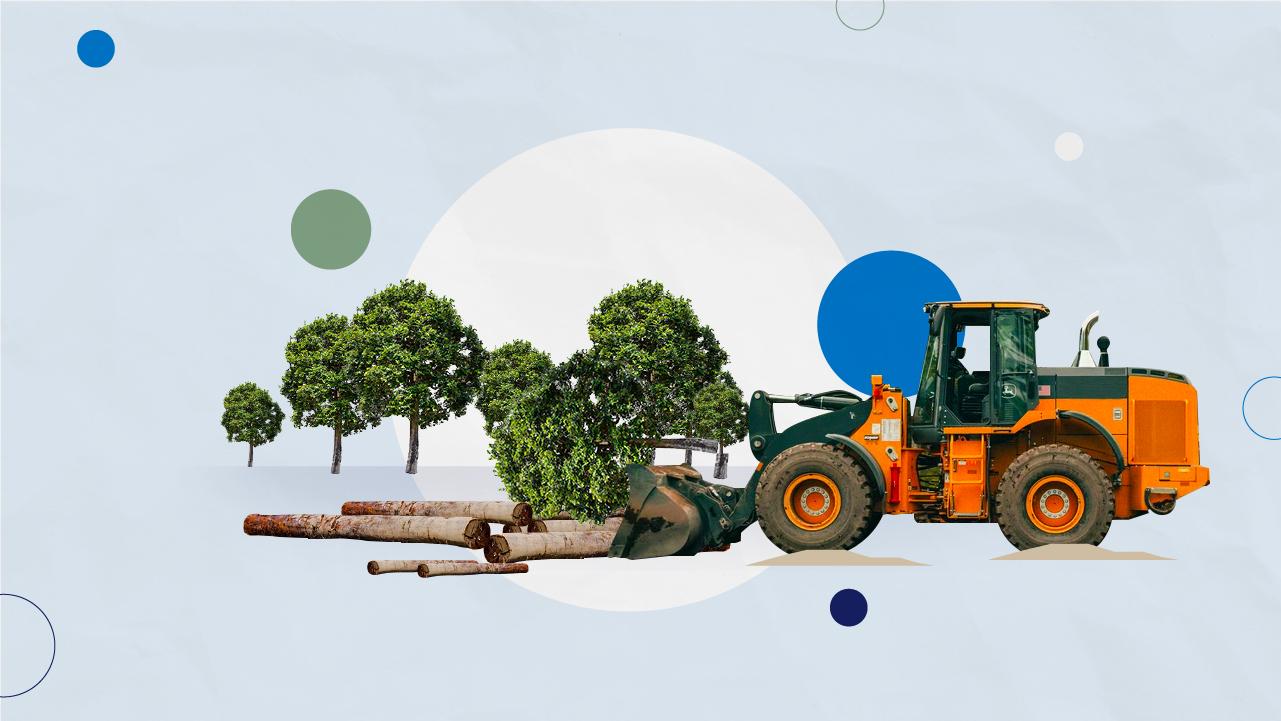In many places, corruption hinders efforts to sustainably manage and protect natural resources. Experts at the U4 Anti-Corruption Resource Centre have developed three short courses that get you up-to-speed quickly. Check them out today to know the challenges and solutions for protecting natural resources from the damaging effects of corruption.
These self-paced courses guide you through case studies, animations, videos, and illustrations. You’ll get a good overview of the corruption risks and ways to reduce those risk.
- Free and open to everyone
- Take it any time
- Duration 1 hour
- Certificate of completion
The courses are also available in French.
These courses were developed by Sophie Lemaître and Rachael Tufft.

Corruption and wildlife trafficking: an overview
Take this course if you:
- Want to know how corruption and wildlife trafficking are linked.
- Work on wildlife trafficking issues and want to learn more about corruption.
- Work in the field of anti-corruption and want to know how corruption facilitates wildlife trafficking.
Read more and register to start the wildlife course

Corruption in the forestry sector: an overview
Take this course if you:
- Want to know how any of the wooden items in your house could be linked to corruption and illegal forest activities.
- Work in the forestry sector and want to learn how it's affected by corruption.
- Work in the field of anti-corruption and want to know how it impacts the forestry sector.
Read more and register to start the forestry course

Corruption in the extractive industries: an overview
Take this course if you:
- Want to understand how the oil, gas, and mining industries are affected by corruption.
- Work in the field of anti-corruption and want to know how it impacts extractive industries.
Read more and register to start the extractive industries course
U4's anti-corruption online courses
We offer a range of self-paced and facilitated anti-corruption online courses in different languages. The courses are tailored for policymakers and practitioners and cover topics ranging from basic knowledge, gender, and risk management, to health, justice, and natural resource sectors. Some courses are open for all, others are for U4 partner staff and other eligible participants.
Questions?
Rachael Tufft – course@u4.no
Senior Learning Technology Adviser at the U4 Anti-Corruption Resource Centre.